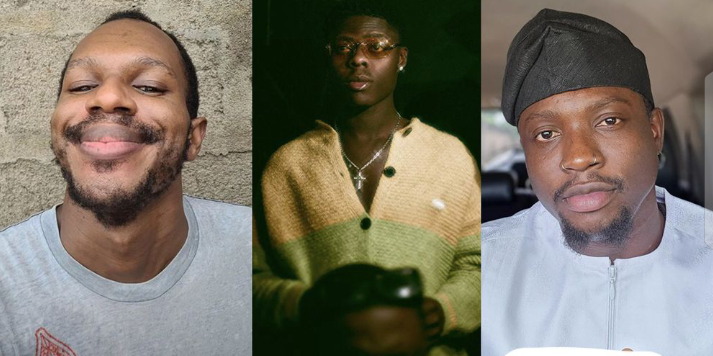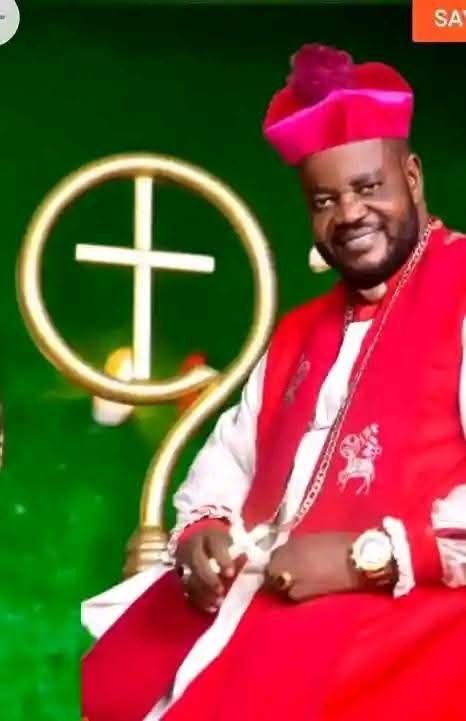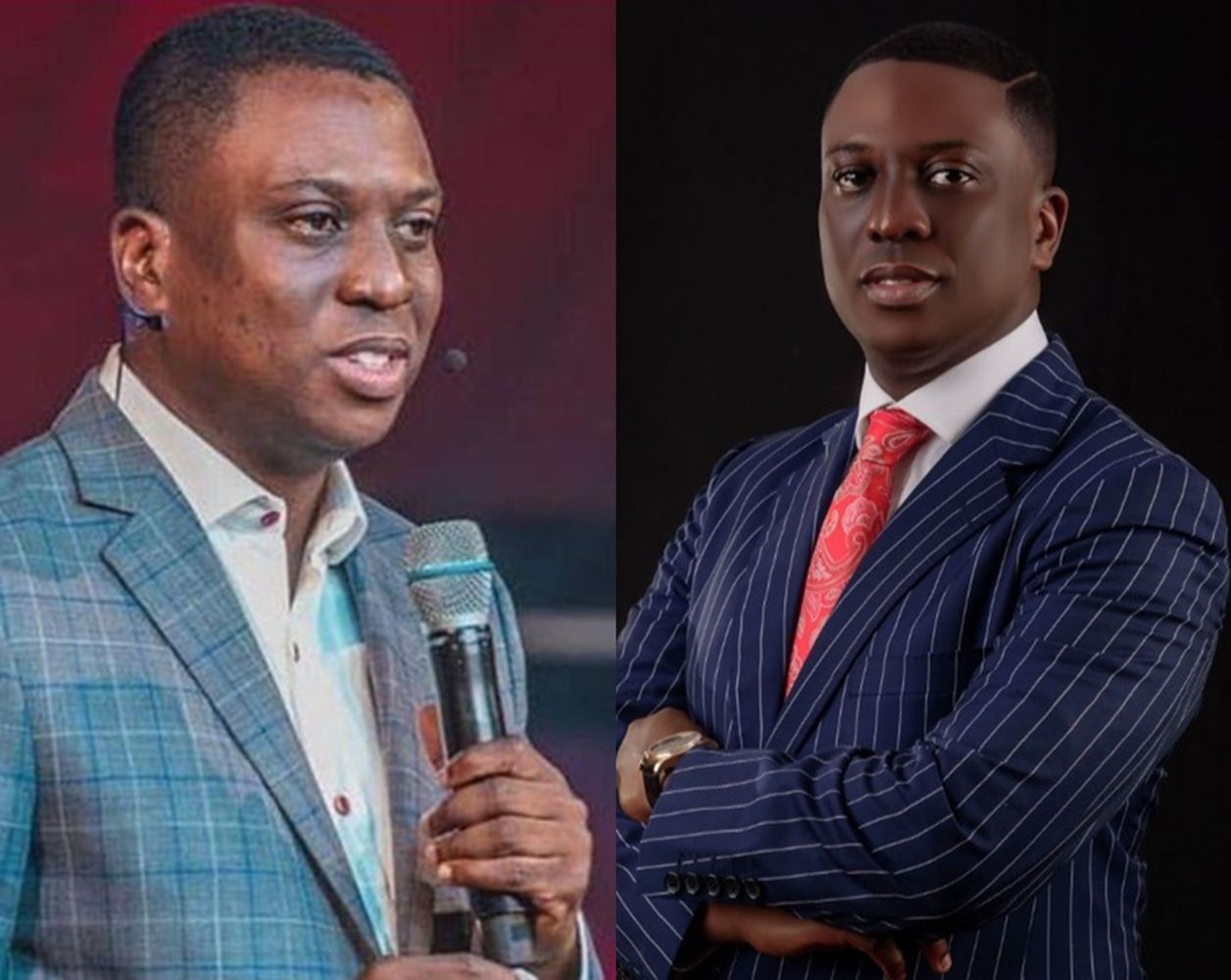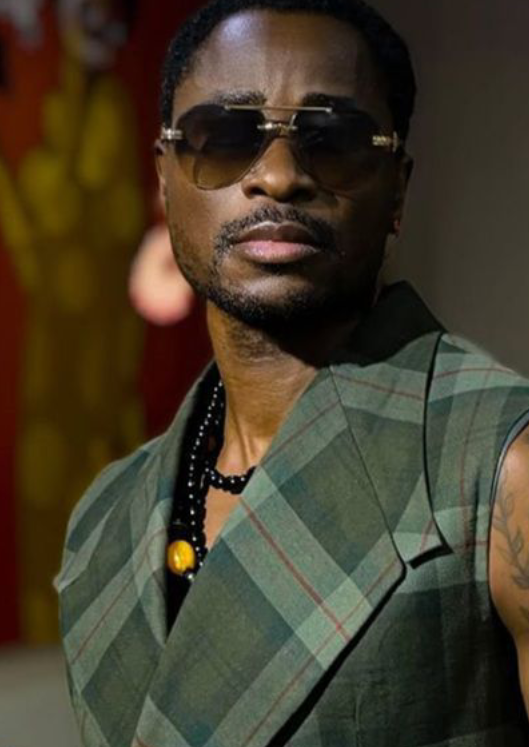
Justice for Mohbad Isn’t About Public Drama—It’s About the Assault, Daniel Regha Reminds Nigerians

In the heat of swirling controversies, high-profile spats, and the noise of social media trials, one voice has risen with clarity and piercing honesty—Daniel Regha. The outspoken critic and social commentator has once again stirred the online space, not with controversy, but with a sharp reminder that has hit the conscience of many Nigerians: the demand for justice for the late singer, Mohbad, must not be derailed or rebranded to fit shifting narratives. According to Regha, “Justice for Mohbad is about his assault case,” and no amount of drama, distraction, or digital manipulation should change that fact.
Regha took to his official X (formerly Twitter) page to drop a truth bomb that reverberated across the platform. His exact words: “Justice for Mohbad is about his ACC.LT case, it doesn't matter how the narrative is twisted and spinned. Justice for Mohbad remains about the reported anl. Our level of gullibility is alarming.” While his tweet featured abbreviated terms, the message was unmistakably clear—Nigerians must not lose focus. Justice for Mohbad was birthed out of the pain and uproar caused by disturbing reports and visual evidence of the singer’s alleged physical assault before his untimely death. That’s where the spotlight should remain.
Mohbad, born Ilerioluwa Oladimeji Aloba, became a household name in Nigeria’s music industry after a string of hit songs and a brief but notable stint with Marlian Music, owned by Naira Marley. However, the young artist’s relationship with the label ended on a sour note, and not long after, troubling videos began circulating on social media showing Mohbad in distress, nursing bruises, and alleging threats to his life. These videos sparked intense public outcry, culminating in the viral movement, #JusticeForMohbad, which gained traction after his sudden and suspicious death in September 2023.
But in recent weeks, the focus of the movement appears to be shifting. Online debates have veered toward other trending topics, most notably the ongoing investigation of VeryDarkMan (VDM), a controversial influencer who has built his brand on loud, brash social commentary and online exposés. While VDM’s own troubles with the law have grabbed headlines and divided opinions, Regha’s reminder serves as a necessary course correction. He believes this new obsession with unrelated figures like VDM is pulling public attention away from the core issue—seeking answers and accountability in Mohbad’s alleged assault and mysterious death.
The gravity of Regha’s words cannot be overstated. In a society where trending hashtags are often treated as digital fads, and where public interest fluctuates with every passing gossip, his warning is timely. The concern is that the sincere call for justice may be reduced to a fleeting movement that fizzles out without yielding any real outcomes. Regha isn’t just cautioning against misinformation or distractions; he is essentially begging Nigerians not to forget why they started this protest in the first place.
Indeed, it is easy to see how emotional fatigue and content overload can dilute a cause. The Nigerian digital landscape is a high-pressure zone where sensationalism rules, where netizens are perpetually drawn to viral chaos and celebrity feuds. But Mohbad’s story isn’t one for amusement. It’s a painful reflection of a young star allegedly tormented by those in positions of power, a tragic case that questions the safety and rights of young creatives in an industry that often swallows its own.
The singer’s father, mother, widow, and son have all been at the center of the media storm, each with their own version of truth and experience, but none of them have found true closure. The Nigerian Police Force has since made promises of a thorough investigation. Autopsies were ordered. Suspects were questioned. Protests were held. But fast-forward to 2025, and Nigerians are still left with more questions than answers.
Daniel Regha’s commentary lands at a time when skepticism around the case is growing. People are beginning to whisper whether justice will ever be served, whether the evidence has been buried under bureaucracy and media fatigue. His tweet functions as both a wake-up call and a moral compass. For him, the mission is not about who is trending or what celebrity drama is playing out on Instagram Live. The mission is about a human life lost under suspicious and heartbreaking circumstances.
Mohbad’s case reflects a deeper rot in the system. It’s about how society treats its vulnerable—especially young talents without deep-rooted industry connections. It’s about how cries for help are ignored until it’s too late. It’s about how violence, whether physical or psychological, is often normalized in the entertainment industry. And above all, it’s about whether justice in Nigeria still holds any real meaning when the cameras turn away.
As the noise around VDM’s legal battle intensifies, Regha’s stance is a stark reminder of priorities. He doesn’t invalidate the seriousness of other investigations, but he insists that they should not overshadow the fight for Mohbad. Nigerians, he suggests, must be vigilant in remembering what they’re fighting for and resist the urge to move on simply because a newer, more dramatic story is trending.
Reactions to his post have been mixed. Some applauded his boldness and clarity, while others accused him of trying to insert himself into yet another controversial conversation. But Regha is no stranger to backlash. He has consistently used his platform to call out what he sees as societal hypocrisies, and this moment is no different. His message is inconvenient, but necessary.
As more celebrities and influencers find themselves in public battles and legal entanglements, the danger remains that the real victims—like Mohbad—are forgotten in the noise. The public must ask: has justice been served? Has the assault been accounted for? Have the allegations been buried beneath trending topics? If the answer is still no, then Daniel Regha is right—the fight isn’t over.
Justice for Mohbad is not a trend. It’s not a meme. It’s not a catchy slogan to paste on timelines when convenient. It is a solemn demand for truth, for accountability, and for change in how Nigeria protects its citizens—especially the voiceless and the unheard. Until then, the mission must continue.


